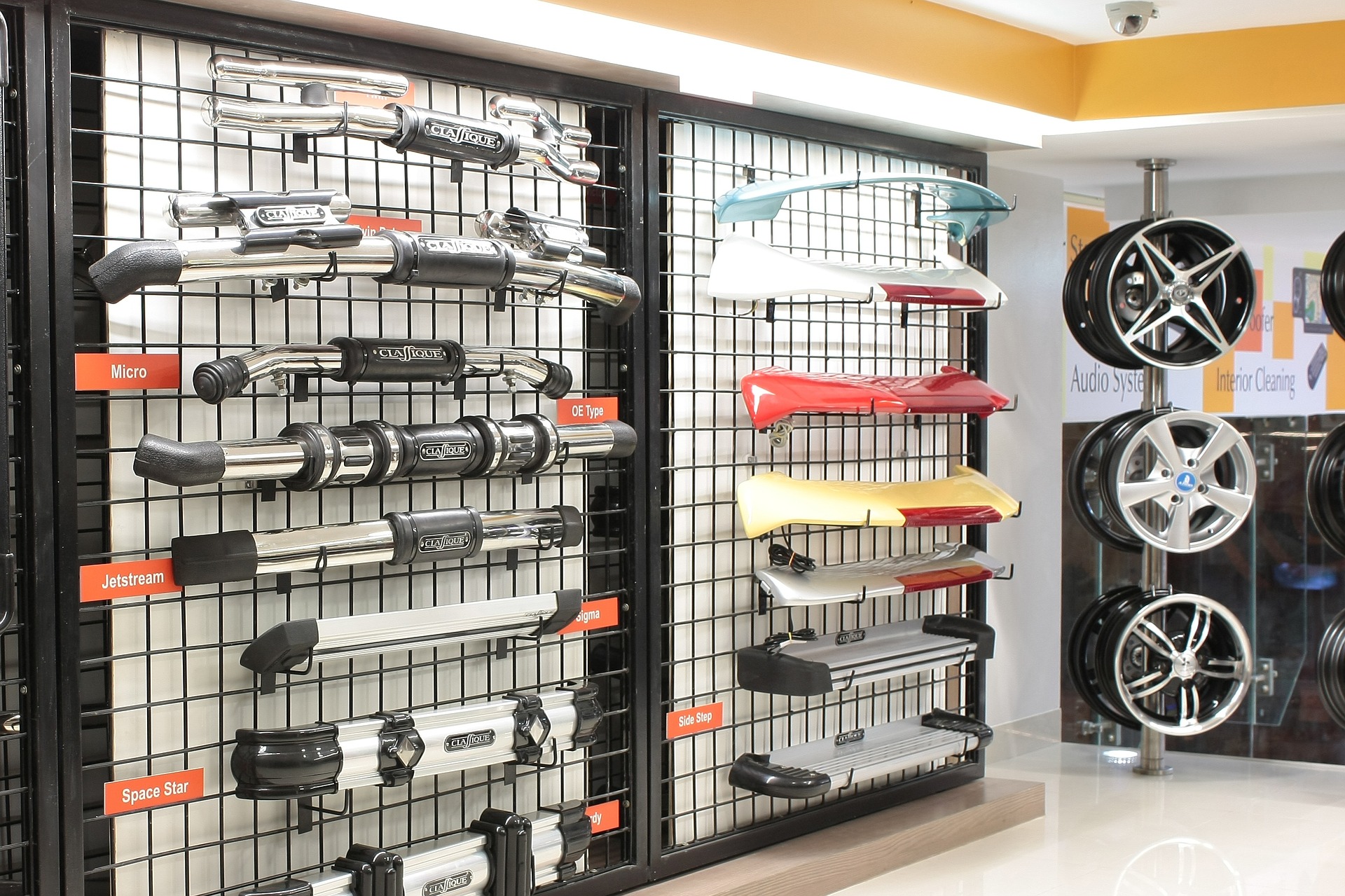Heavy duty truck is precision instruments. They need to be consistent and reliable because hauling dense material can be dangerous if not done correctly.
To keep the precision of these trucks, maintenance is of the utmost priority. Cutting corners on maintenance can result in catastrophic failure and may even result in injury.
One of the most crucial maintenance tools for heavy-duty trucks is the alignment equipment. These work like the standard alignment equipment for cars only on the heavier side.
Having aligned wheels helps lessen tire to road resistance. It also helps keep the back axles in tandem with the front. This provides more stability and safety for the truck.
Adequately aligned wheels have benefits, including speed, fuel efficiency, road stability, and performance.
This is why you should have the right tool when investing in heavy duty truck alignment equipment.
Here’s a short checklist of what you should be looking for when searching the market for this critical maintenance tool.
What to Consider When Buying Heavy Duty Truck Alignment Equipment:
Quick and Consistent:

Time is of the essence in the trucking industry. You should look for a maintenance tool that can do the job in a short period of the day.
Truck companies can invest in this equipment to make sure their fleet is ready for any hauling needs in any season. Business people can also invest in truck alignment equipment so that they can help maintain private truck owners.
No Roll No Push Feature:
Older alignment equipment required a dangerous roll and push maneuver to align truck wheels.
Technology has allowed for safer and more accurate measurement and alignment of trucks.
This should be one of the foremost things to look for when considering an alignment tool.
Pinpoint Accuracy:
The alignment is not for show. It is an essential factor in ensuring safe driving and transport of materials from location to location.
Test the alignment equipment a few more times and see if the accuracy is always the same for every test done. Consistency is an indication that you have a piece of proper heavy-duty truck alignment equipment.
This will ensure the owner and the truck operator that they can rely on the vehicle to work well even in long distances.
Easy Operation:
Even though precision is key to having a useful alignment tool, you should still look for one that is easy to operate. With the many technologies available, high precision can be achieved in a simple operation. There is alignment equipment you can operate with a smartphone.
Durability:
Since you will be dealing with heavy duty truck, it should be able to withstand heavy loads day in and day out. It should be able to last for decades. Make sure to pick one that will endure the test and abuse of time.
Investing in maintenance equipment should be a top priority. But you should also look into what these tools can benefit you for a long time.
Find the one that is both feature-packed and functional. Don’t compromise on this equipment. Ensure that this equipment will stand the test of time, weight, and even abuse from heavy duty trucks.
Read Also:






















